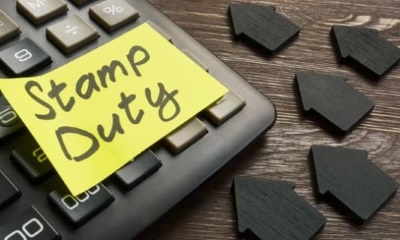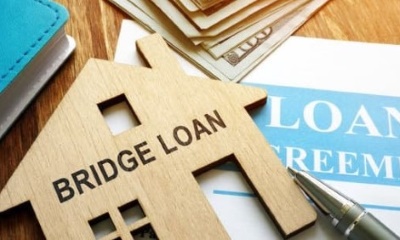
Further reading
Before buying a property at auction, there are several important steps you should take to ensure a successful and informed purchase. Here are some things you need to do before buying a property at an auction:
1. Research and due diligence: Gather information about the property, its location, and any potential issues it may have. Review the property's legal documents, such as the title deed, survey reports, and planning permissions. Take particular care when reading the special conditions. Consider hiring professionals like surveyors, architects, or engineers to assess the property's condition and identify any potential problems.
2. Attend property auctions as an observer: Attend or view online a few property auctions beforehand to familiarize yourself with the process, understand the bidding dynamics, and observe how other participants behave.
3. Understand what the phase ‘Guide Price’ means: The ‘Guide Price’ is simply an indication as to where the Reserve is currently set, and it is not necessarily what the auctioneer expects it will sell for, so do not rely on it being an indication of the final sale price. Please note, the reserve is subject to change right up to and including auction day, and some vendors will set a deliberately low reserve and guide price, to generate interest, and then increase it just before the auction.
4. Estimate what it is likely to sell for: A good way of estimating what it might sell for, (given that the guide price is only an indication as to where the reserve is currently set, and not a valuation), is to look to see what similar types of property in the area that have been offered for sale, or sold for previously at auction. Our website, www.eigpropertyauctions.co.uk has details on almost 1,000,000 lots that have been offered over the past 32 years, and you will be able to view results of similar lots that have been offered at auction. Click here to register for a trial.
5. Has the lot you are looking at been to auction before? With some auctioneers, up to 1 in 3 properties they offer have been to auction before, and by searching our site you will be able to easily identify these lots. In many cases it might have been unsold, and you might want to ask why? In other situations, it may have been marked as sold at a recent sale, but is now back on the market. You need to investigate.
6. Set a budget: Determine your budget and the maximum amount you are willing to bid on the property. Consider additional costs such as auction fees, legal fees, renovation expenses, and any outstanding property taxes or liens that may need to be settled.
7. Arrange finance: Ensure you have your financing options sorted before the auction. If you plan to use a mortgage loan, consult with lenders in advance to get pre-approval for the loan. If you intend to use cash, make sure the funds are readily available.
8. Legal review: Engage a solicitor or conveyancer who specializes in property transactions to review the legal documentation related to the property and provide advice on any potential legal issues or risks.
9. Property inspection: If possible, arrange for a property inspection to evaluate its condition thoroughly. This can help you uncover any hidden problems or repairs needed, which can impact your bidding decision.
10. Register for the auction: Register yourself as a bidder with the auctioneer or auction house by providing the necessary identification and paying any registration fees required.
11. Set bidding limits: Determine your bidding strategy and set clear limits on how much you are willing to bid. Stick to your budget and avoid getting caught up in a bidding war that exceeds your financial capacity.
12. Understand auction terms and conditions: Familiarize yourself with the auction terms and conditions, including the deposit required, settlement period, any special conditions of sale, and the auctioneer's rules.
13. Get insurance: Arrange insurance coverage for the property from the day the hammer falls, as you become legally responsible for it the moment the hammer falls.
14. Attend the auction: On the auction day or online, arrive early, be prepared, and have ready the necessary identification, deposit, and finance documents, as required by the auctioneer.
Remember, buying a property at auction can be a fast-paced and competitive process. It's essential to do your due diligence and be well-prepared to make informed decisions during the auction.
Essential Information Group - News and Information
Keep up to date with our latest news, case studies and what's going on in the property auction industry on our blog.

Buying at auction
20/03/2025
Why the Property Auction Market is Booming Due to Stamp Duty Changes
The UK property auction market is experiencing a surge in activity in March 2025, driven primarily by impending changes to stamp duty regulations

Buying at auction
27/02/2025
Who Can Benefit from Buying a Property at a UK Property Auction?
Buying a property at a UK property auction can be advantageous for various buyers depending on their financial situation and goals. Auctions often offer unique opportunities, discounted properties, and a fast purchase process. Here’s who can benefit the most.

Buying at auction
24/02/2025
Bridging Loans Explained: A Guide for Property Auction Buyers
A bridging loan is a short-term financing solution, typically lasting up to 12 months. It provides immediate funds to bridge the gap between purchasing a property and securing long-term financing.